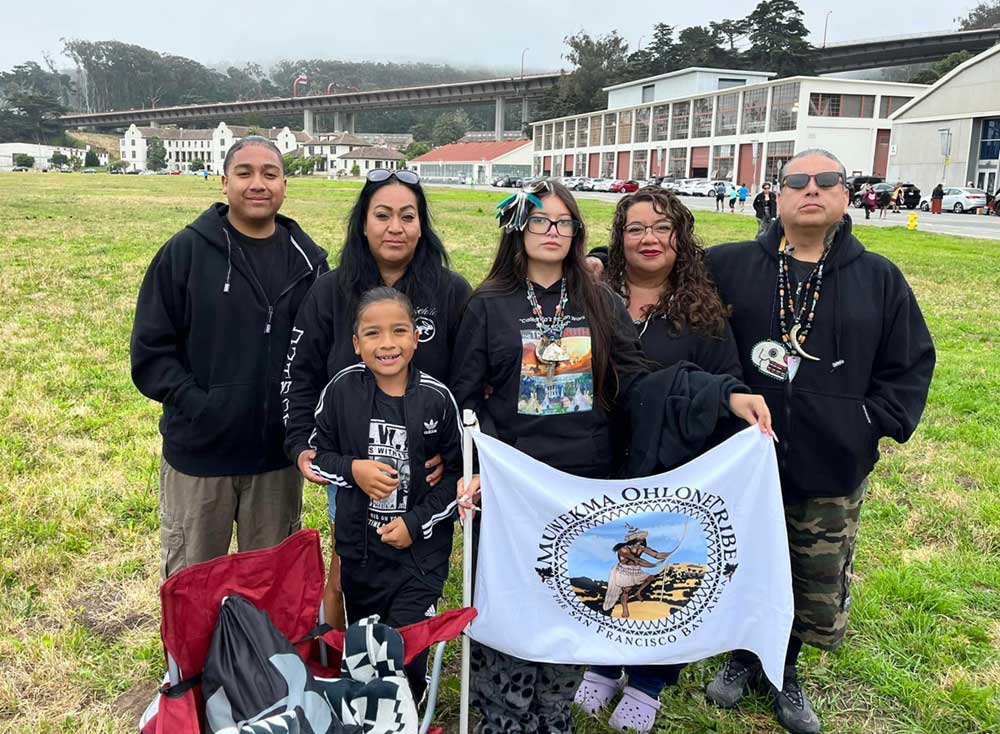Respecting Native American Culture Is Not Difficult Part-2
Respecting Native American Culture Is Not Difficult Part-2 June 2024

The first part of the blog began by listing how respect should be shown for Native American culture. There is much more that can and should be done.
Often, people say and do things that they think are perfectly polite and normal without realizing that others may have different sensibilities and may be disrespected by what is said or done. Understanding at least a little of the background and culture of those whom you are interacting with will make it easier to treat them with respect. By doing so, you will, in turn, earn their respect. A visit to the Muwekma Ohlone website will help in understanding the history of the tribe and the resilience of the Muwekma Ohlone community. Showing respect, honor, and solidarity with the Muwekma Ohlone community, or any other tribe, will add to your self-respect and the respect that others show you.
There are many more ways of respecting Native Americans and their cultures. What is important to remember is that the principles of courtesy and respect, and awareness of sensibilities that are part of all good relationships also apply to the way non-Natives should interact with Native Americans. There are many reasons for the resilience of the Muwekma Ohlone community. A visit to the Muwekma website will reveal why the members of the tribe are so proud of who they are and why they deserve your consideration when you interact with them.
Please Read:
Fighting erasure and dispossession in the San Francisco Bay Area: putting archaeology to work for the Muwekma Ohlone Tribe by Lee M. Panich, Monica V. Arellano, Michael Wilcox, Gustavo Flores and Samuel Connell (see attached)
Narratives of Persistence: Indigenous Negotiations of Colonialism in Alta and Baja California. By Panich, Lee M. (2020). Tucson: University of Arizona Press. doi: 10.2307/j.ctv105bb3h
Mapping Erasure: The Power of Nominative Cartography in the Past and Present of the Muwekma Ohlones of the San Francisco Bay Area. By LES W. FIELD with Alan Leventhal and Rosemary Cambra (see attached)